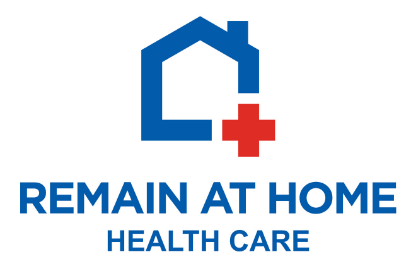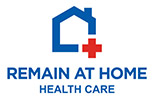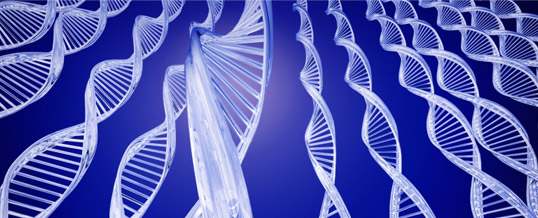It’s an honest question to ponder: If a parent or sibling suffers from a particular medical condition, does that mean you are predisposed to “catch” the same illness? The honest answer is: Genetics is a complicated beast – it can either work for or against you.
Most of us on average inherit 35,000 unique genes from our parents, genes which determine our appearance, personality and medical conditions. And the assignment of these features is like a lottery of sorts – some genes may greatly benefit you, while other genes can carry abnormalities resulting in illnesses like heart disease, diabetes, hemophilia, and sickle cell anemia. “Weighted values” play a role as well – the incidence of a particular gene common to your family history can “stack the deck,” for or against you, so to speak.
Fortunately, medical care has progressed to the point where doctors know much more about genetics. Today, we can test for close to 900 inherited diseases, and the number keeps growing. Those who are concerned about their family tree and medical history are advised to speak to their personal physicians and inquire about genetic testing.

Brian Carrigan
Founder & Co-Manager
Genetic testing is actually fairly easy and simply involves taking a sample of your DNA. This is done mostly by blood, although in some rare cases, other methods may be used to collect a strong sample. Your DNA profile is applied to a chemical database that carries the roadmap or instructions for your chemical make-up. This is simplifying the process a bit, but the comparison works to shed light on gene alteration(s) that can cause illness or disease during your lifetime. Most commonly, this test is conducted either prenatally or during newborn screenings.
Genetic testing is not only useful in determining if you possess illness-inducing abnormalities, but it can also act as a guide to how you approach the many health decisions you are going to have to make over your lifetime. For example, women who possess a certain gene mutation also have an increased risk of developing breast cancer. Information such as this can help both patient and doctor in determining a course of medical action.
Of course, when it comes to matters of the body, nothing is perfect – positive tests don’t always foretell an oncoming disease and negative tests don’t always mean you’re in the clear. I am living proof of this and so are you. But genetic testing is continuously being updated and improved, and you might benefit from knowing all the facts about your family genes by speaking with your doctor or a genetic counselor.




